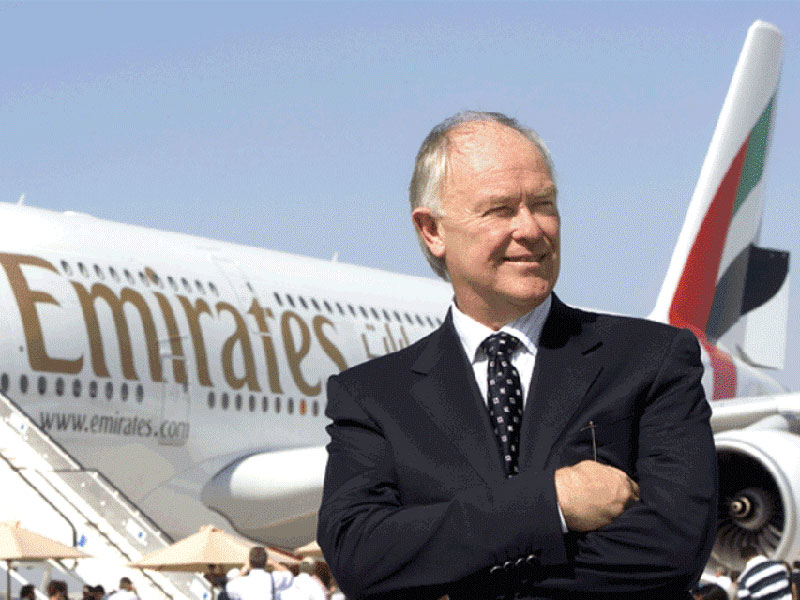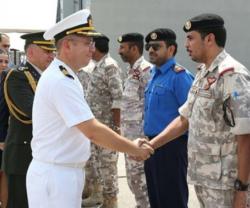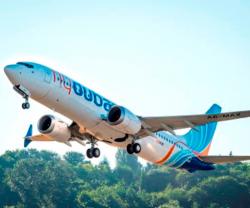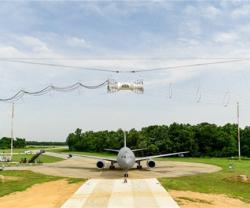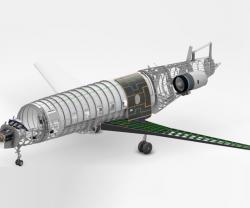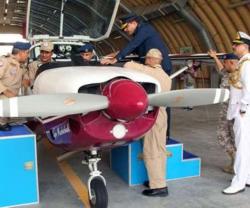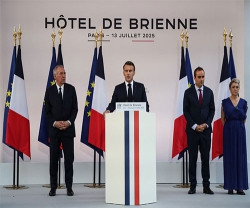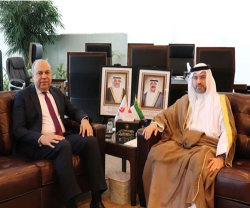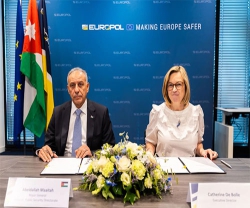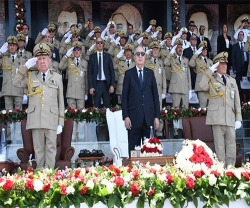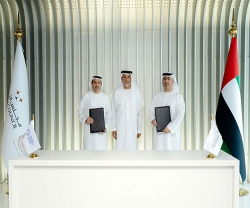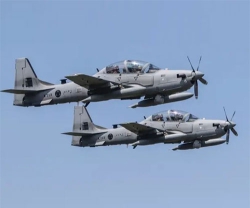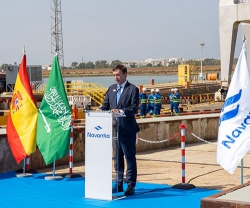Clark remained vague on the number and maker of twin-engine wide-body planes, but said the acquisition was part of Emirates' efforts to increase its share of the traffic on the world's long-haul routes, reported the Gulf Daily News (GDN).
“Possibly it will be 50 to 70, but we still have to decide,” Clark said during a visit to Berlin's ITB tourism convention, adding many details on the planned purchase will depend on development of Emirates' principal Dubai International Airport hub.
The announcement represented more potential good news for Airbus, following Clark's earlier comments that Emirates may buy 100 to 200 A380s - the super-jumbo that Airbus received no orders for in 2014.
If that order materializes, it would not only go a long way to alleviate doubts over the future of the A380 program, but also help Airbus partially recoup business lost last June when Emirates cancelled its 2007 order of 70 A350s valued at $16.5 billion.
Clark said the combination of increasing air travel and plummeting oil prices means “the industry has a huge opportunity to put itself back on to a profit basis, generating cash and able to expand and to reinvest” in new, more efficient aircraft.
But his moves to do so may provoke additional objections from rival airlines in Europe and the US, which allege that Emirates and Gulf peers Qatar Airlines and Etihad Airways receive unfair financing from their state owners.
Clark objected to those complaints, saying Emirates is flying on competitiveness it has had to develop relying on capital vested in it at its founding.
“What we were given (then) was this: a clean sheet of paper and a $10bn cheque. We built this through blood, sweat and tears - we had enormous difficulties,” Clark said.
Emirates, which is currently looking for increased access in Germany and France, says it has generated 1,400 direct or indirect jobs in Germany, Italy, and Britain, and generates €6.6 billion ($7.3 billion) of economic activity in the EU.
Source: GDN;
Photo: Reuters

